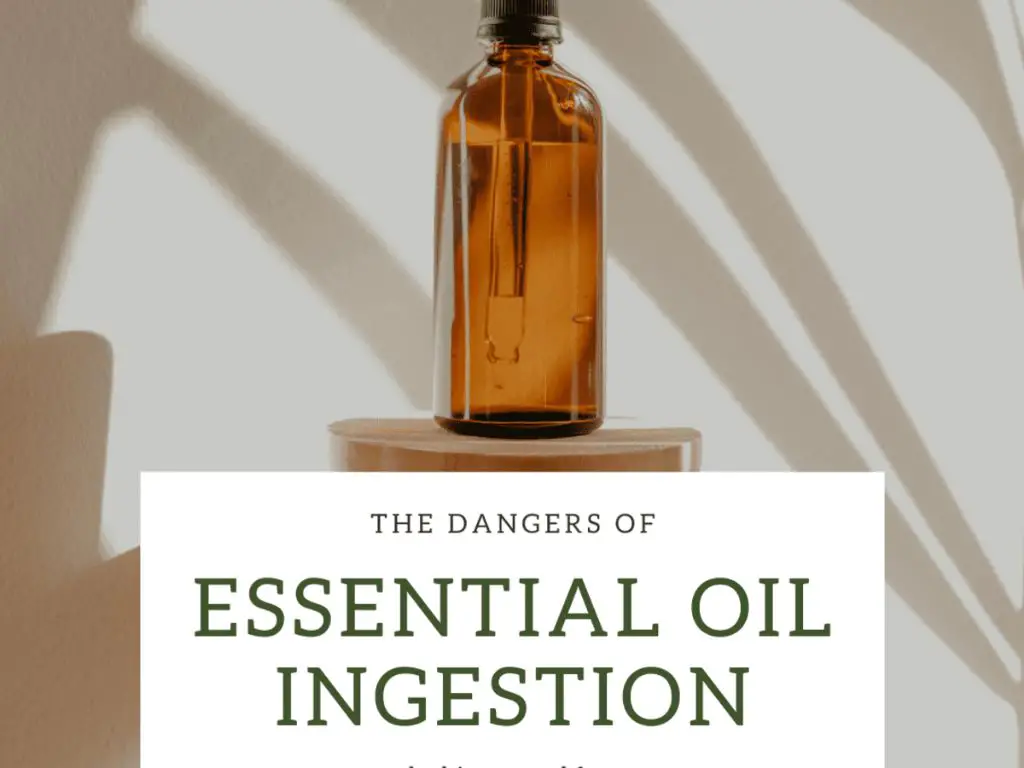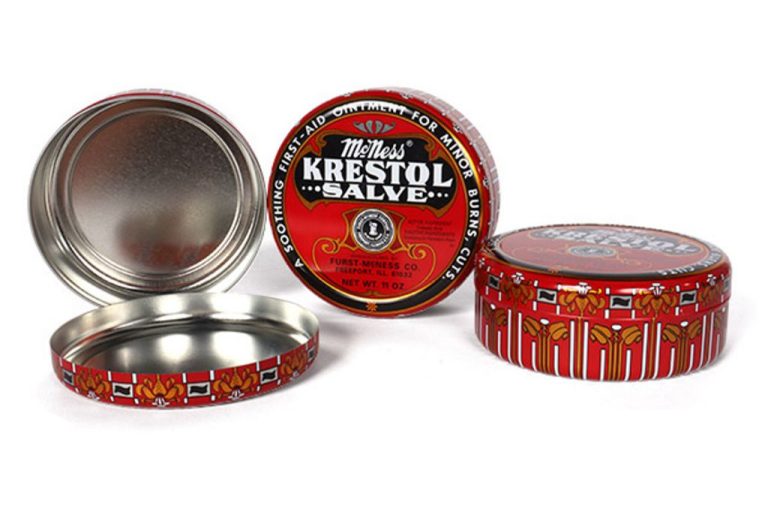Can You Ingest 100% Peppermint Oil?
100% peppermint oil refers to the pure, undiluted essential oil derived from the peppermint plant (Mentha piperita). It contains concentrated amounts of the active ingredients like menthol and menthone. Some people ingest peppermint oil capsules to help relieve symptoms of irritable bowel syndrome (IBS) and other digestive issues due to its antispasmodic and analgesic effects. However, ingesting the undiluted oil can be toxic and should be done with extreme caution. Even small amounts have the potential to cause adverse reactions. Overdose can lead to respiratory failure, convulsions, coma, and even death. It’s critical to understand the toxicity risks before consuming peppermint oil.
Active Ingredients
The main active ingredient in 100% peppermint essential oil is menthol. Menthol makes up 30-55% of the oil’s composition (Schmidt, 2009). It is responsible for the cooling, refreshing sensation associated with peppermint. The other major constituent is menthone, which makes up 10-30% of the oil (Beigi, 2018). Menthone provides the minty aroma of peppermint.
Other minor active ingredients include menthyl acetate, 1,8-cineole, limonene, and pulegone (PubChem). However, menthol and menthone remain the primary components that produce the characteristic odor, taste, and effects of peppermint essential oil.
Potential Benefits
Peppermint oil has been used for many years in aromatherapy and as a dietary supplement for a variety of potential health benefits. Some of the main areas it is promoted for include:
Aromatherapy
When inhaled, peppermint acts as a decongestant and can help clear sinus and respiratory congestion. It may also help relieve nausea. Some studies have found that smelling peppermint oil can help reduce anxiety and improve mental alertness.
Indigestion
Peppermint oil capsules and oral drops have been shown to help relieve symptoms of irritable bowel syndrome (IBS) including abdominal pain, bloating, and gas. It works by relaxing intestinal smooth muscle. One analysis found it to be more effective than placebo for IBS.
Headache Relief
When applied to the forehead and temples, peppermint oil may help relieve tension headache pain. It is believed to work by inhibiting pain perception and relaxing tight muscles. More research is still needed.
Potential Side Effects
While peppermint oil is generally considered safe when used appropriately, it can cause side effects in some people (NCCIH). The most common side effects of using peppermint oil include:
Heartburn: Peppermint relaxes the sphincter muscle at the bottom of the esophagus, allowing stomach contents to come back up. This can lead to heartburn in some people, especially when taken orally (WebMD).
Mouth and throat irritation: Peppermint oil can cause a burning or cold sensation in the mouth and throat. This is likely due to its menthol content. Diluting peppermint oil before use may help reduce irritation for some people.
Allergic reactions: Like any substance, some people may be allergic to compounds in peppermint oil. Allergic reactions can include rash, itching, shortness of breath, and anaphylaxis. People with known allergies should do a skin patch test before using.
Toxicity
Peppermint oil contains the primary active ingredient menthol, which can be toxic in high doses (https://www.spectrumchemical.com/media/sds/PE105_AGHS.pdf). The LD50 (lethal dose for 50% of subjects) for peppermint oil when ingested is 2426 mg/kg in rats. This means that ingesting 2426 mg of peppermint oil per kg of body weight has a 50% chance of being fatal (https://www.spectrumchemical.com/media/sds/PE105_AGHS.pdf).
Symptoms of peppermint oil poisoning include respiratory failure, pulmonary edema, acute liver failure, and cerebral edema. The menthol in peppermint oil is believed to have a direct toxic effect on the liver and brain (https://www.ncbi.nlm.nih.gov/pmc/articles/PMC3546250/). Menthol disrupts cellular respiration and makes cell membranes more permeable, leading to leakage of liver enzymes and cerebral edema. It also causes respiratory failure by paralyzing the muscles involved in breathing.
Fatal Dosage
Ingesting high doses of undiluted peppermint oil can be toxic and even fatal in some cases. Here are some documented overdose cases:
According to a case study published in the Journal of the Association of Physicians of India, a 24-year-old woman was brought to the emergency room after ingesting 30 mL of peppermint oil. She developed acute renal failure, severe anemia, leukopenia, mild liver dysfunction, and shock before dying within 2 days.

A case report in Clinical Toxicology described a 4-year-old boy who drank 4-6 mL of essential oil of peppermint and fell into a coma before dying.
Ingesting as little as 2-3 mL of peppermint oil has resulted in life-threatening toxic effects in some cases, especially in children.
Safety Precautions
When using peppermint oil, it’s important to take proper safety precautions. Pure peppermint oil is very concentrated and can be irritating if not diluted properly before use.
Always dilute peppermint oil before applying it to skin. Recommended dilution ratios range from 1 drop of peppermint oil per teaspoon of carrier oil (like coconut, olive, or almond oil) up to 3-5 drops per teaspoon of carrier oil. Test on a small area of skin first to check for any irritation or allergic reaction. Avoid contact with eyes and other sensitive areas.
If peppermint oil gets into eyes, rinse thoroughly with water for at least 15 minutes and seek medical attention if irritation persists. If applied to skin undiluted, wash area immediately with soap and water. Seek medical supervision if ingesting peppermint oil, as taking too much can be toxic.
Peppermint oil may interact with certain medications, so check with a doctor before using if taking any prescription drugs. Those with gastroesophageal reflux disease (GERD) should use peppermint oil cautiously under medical supervision as it can relax the esophageal sphincter muscle.
Special Populations
Pregnant women should exercise caution when using peppermint oil. While some research indicates peppermint oil may help relieve nausea and other symptoms during pregnancy, other studies suggest it may increase risk of miscarriage if used early in pregnancy. Peppermint oil can also affect hormones and relax the uterus, so it should be avoided in the first trimester and not used without consulting a doctor.
According to the Mayo Clinic, peppermint oil is likely safe when used topically and in small amounts during pregnancy. However, ingesting peppermint oil or using large amounts is not recommended. Pregnant women should consult their doctor before using peppermint oil.
Peppermint oil should be kept away from infants and young children. Menthol in peppermint oil can cause breathing problems in babies and muscle problems in young children. Parents should also avoid using peppermint oil if breastfeeding, as components may be transmitted through breastmilk.
Those with gastrointestinal reflux disease (GERD) or hiatal hernia should use peppermint oil cautiously, as it may relax the esophageal sphincter muscle and worsen symptoms. People with gallbladder problems should also avoid using peppermint oil.
Peppermint oil may interact with certain medications, including cyclosporine, diabetes medications, and antacids. Those taking prescription drugs should talk to a doctor before using peppermint oil.
Interactions
Peppermint oil can interact with certain medications, especially drugs that increase sensitivity. According to the Drugs.com article Peppermint Uses, Side Effects & Warnings, peppermint may interact with cyclosporine, a drug commonly used to prevent organ transplant rejection. Cyclosporine is metabolized by cytochrome P450 3A4 enzymes, and peppermint acts as a 3A4 inducer that can decrease cyclosporine levels in the body. This interaction requires close monitoring of cyclosporine blood concentration and dose adjustments if needed.
As explained on WebMD’s Peppermint page, peppermint may also interact with other medications changed by the liver’s cytochrome P450 system. It’s recommended to consult a doctor before using peppermint with any sensitive medication.
Conclusion
In summary, pure 100% peppermint oil should never be ingested. Even small amounts can be toxic and potentially fatal if consumed undiluted. While peppermint oil has some benefits when diluted and consumed safely, ingesting the pure oil poses substantial health risks that far outweigh any potential benefits.
The peppermint oil chemical menthol is highly toxic even in small doses. Consuming as little as 1-2 mL of 100% peppermint oil can cause life-threatening symptoms like seizures, kidney and liver damage, heart problems, and respiratory failure. There have been reported deaths from ingesting as little as 10 mL.
Peppermint oil should always be diluted before oral use. Adults may try extremely diluted peppermint oil, such as 1-2 drops in a full glass of water. However, ingestion is not recommended for infants, children, pregnant women, or people with gastrointestinal, liver, or kidney disorders without medical supervision. Interactions with certain medications are also possible.
The risks of ingesting 100% peppermint oil clearly outweigh any potential benefits. While small dilutions may be consumed carefully by some adults, ingesting undiluted, pure peppermint oil can be extremely dangerous and potentially fatal. The safest uses of peppermint oil do not involve oral ingestion in its concentrated form.





